|
I fell into a bad mood for a day, but went through the motions of taking care of myself - writing, going to the river, completing tasks, reaching out for conversation, and seeing friends. In the moment it felt impossible, like this is going to be the rest of my life, but really I knew that wasn't true at all - I've been through this enough times to realize, all that good stuff still exists just around the corner.
0 Comments
Sometimes you can think yourself through a stressful situation, but most often the only way to independently make progress is by writing about it. At least for me, my memory is too short and my mental self-control too limited to escape reiterating ideas and emotions. With a journal, thoughts can be built upon, teased apart, and examined in detail. Creating bubble diagrams, lists, and images further help me in this process in trying to reason with myself, bringing my mind out of an emotionally irrational place into a one that sees the situation objectively. It opens the window to discovering solutions, finding empathy, and knowing how to proceed onward constructively. Try it out next time you find yourself in a tizzy.
In feeling a deep amount of stress, I had to remind myself this morning that the future is unknown. What a person thinks or what their actions will be, it's unknown. How I will feel if I attend a party or go try something new, it's unknown. Humans have a knack for considering the worst possible outcome of a situation, but that leads us to ignore all the other possible outcomes.
I am no fortune teller, my future is wide open. A week ago I decided to start writing a daily affirmation for myself, but I want to share them with everyone as well. Affirmations only work if you actually believe in them, so don't force yourself! These are simply things I want to remember and bring more closely to my own life.
Much of my life has been spent unable to share love with others. While my anger and frustrations about human civilization fueled me well enough, those feelings could not sustain the goals I wanted to accomplish. Love is powerful, but also tricky. It can require a lot of self-work and vulnerability to give and receive in a wholesome way. To share love requires compatibility. To be love requires a special sort of journey that I can only feel deep appreciation for those who have gone to traverse. I don't know how some people do it, but I do know that love feels great and I can act in ways that will increase my capacity to love and be loved. Humans are social creatures that thrive on spending time with others in friendship, family, work, and romance. These connections provide happiness, love, fulfillment, and a lot of opportunities in jobs and general safety. That said, the modern era makes it easy to become disconnected and feel alone, even when there are tens of thousands of people around us to interact with. On the upside, all of those people want friendship just as much as you do. Friendship can take on many forms. It can simply be workers or fellow students you see on a daily basis, an online pen pal from across the planet, your sweetheart, or a childhood connection. Since people change, so does friendship. Someone you dislike may become a lover one day, and many friends will become strangers. This makes it very important to keep in touch with all levels of friendship rather than only those you like the most, and to keep meeting new people as well, because you never know what the future holds. Making friends is an art that anyone can become good at, but it takes practice and time. Friendship: For Awkward, Cynical, and Strange People is a short mini zine guide to making friendships and what to be careful of in the process. At our Etsy shop you can read the 14 essential tips for free in the images or pick up a physical copy for $3 USD. If you're feeling lonely or want some suggestions on how to become a closer and better friend, check it out! Anger can get the best of us, especially when something happens where we don't get our way. The negative feeling and resulting outcome of violence are highly promoted through mass media in the United States of America. Almost every news station, Hollywood movie, and video game incorporates anger into their productions, thus normalizing the emotion. These platforms inadvertently express violence (verbal and physical) as the only means of resolving anger though, but this is a myth – more often than not expressing anger only creates more anger and violence. Anger is a natural reaction to disagreements and stress, but often gets in the way of forgiveness, mutual understanding, and being happy. While at times useful for motivating you to face unlikable forces in your life, it is important to understand how to move on from anger, especially before it consumes you and become hatred. Anger: Releasing Your Fury Without Punching People is a short mini zine guide to anger management and constructively dealing with aggressive feelings. At our Etsy shop you can read the 8 essential tips for free in the images or pick up a physical copy for $3 USD. Check it out! Trauma: How to Heal from Trauma and Feel Safe in the World is an empowering mental health mini zine that gives a basic overview of trauma and available therapies. This is a great booklet for people living with depression, mental illness, or PTSD wanting to learn tools for self love and mental wellness. Available for purchase on our Etsy Shop or read for free below. If you'd rather read the transcribed text, scroll to the bottom of this post. The One Minute Happiness series is a growing collection of mini zines that explore different topics in coping with anxiety and depression by providing empowering insights into various areas of mental health. They include Happy Healthy Checklist, Happy Healthy Eating, Happy Healthy Habits, Happy Healthy Suffering, Soulular Potential, Forgiveness, Trauma, and Your Highest Form. Read them all for free on our Etsy Shop.
www.sageliskey.com www.facebook.com/radcatpress www.instagram.com/sage.liskey/ ********************************** Transcribed text from Trauma - How to Heal from Trauma and Feel Safe in the World Introduction In many people, coping with depression and building a fulfilling life involves recovering from trauma. Trauma is caused by mildly to substantially stressful events embedding a pattern of fear, anxiety, and depressed emotions on a person when exposed to stimuli (triggers) related to the initial event. Without proper support, these patterns can consume our well-being, relationships, career goals, and happiness for life. You can learn more about alternative mental health and the science of happiness at www.sageliskey.com Please note that while the information contained herein is researched and has worked for me, I am not a medical professional and none of this is meant to be medical advice. As such I do not guarantee the accuracy of the information presented and disclaim liability for errors and omissions. The front cover is a digital collage created by Sage Liskey. Causes and Symptoms of Trauma Anyone can be traumatized, and it is most common in military personnel, victims of physical, mental, and sexual abuse, and survivors of severe injuries and car crashes. Breakups and the loss of loved ones can also result in trauma. These events form a trigger in which any stimuli that reminds the brain of previous trauma causes the flight or fight response to activate, creating an immediate sensation of danger, even in completely safe environments. Symptoms include depressed feelings, flashbacks, rapid changes in mood, nightmares, memory and sleeping problems, various psychological disorders, and avoiding any stimuli (triggers) similar to a stressful event including sights, sounds, smells, feelings, and lighting. Treating Trauma Trauma is completely treatable but therapy is often necessary in order to help guide the brain away from irrational thoughts and provide tools for the traumatized to work with. Some trauma therapy slowly reintroduces trauma triggers in a safe environment where the mind can acclimate to knowing those stimuli are in fact normal and safe. A person may be able to go through this process themselves by engaging in visualization practices (lucid dreaming can work too), using virtual reality, watching videos, or otherwise slowly reintroducing a stimuli. If you cannot afford a therapist, there are a number of free online communities to help, books such as Complex PTSD by Pete Walker, and affordable group trainings such as Holistic Peer Counseling and Solsara that incorporate methods of trauma healing. Medications for Trauma Medications such as anti-depressants and anti-anxiety drugs can be used to relieve the symptoms of PTSD, but typically do not lead to a cure. An exception can be made for certain psychoactive substances. While illegal outside of research settings, studies into psychedelic-assisted therapy, especially with MDMA, has allowed users to complete PTSD treatment much sooner than usual and in some cases find relief when no other methods worked. Note that the dosage, environment, and location are carefully crafted by therapy professionals and differs considerably from recreational use of these substances. You can learn more about the latest research by going to www.maps.org and keep up-to-date about legalization efforts. Trauma Therapy There are a variety of trauma therapies that may be utilized to help stop symptoms and allow clients to resume a normal life. Not everyone reacts the same and some therapists are bad, so try several. Typically therapists will utilize a combination of these techniques. Here are a few of them: Exposure Therapy: Exposes a person to stimuli related to their trauma, slowly convincing the mind that the trigger is safe. Cognitive Behavioral Therapy: Uses a combination of tactics, including exposure therapy and fixing distorted beliefs by teaching people ways of replacing negative or incorrect thoughts with objective reasoning – “all dogs are bad” vs. “some dogs hurt people out of fear, and I can learn how to avoid that.” Trauma Therapy, Continued Somatic Experiencing (SE): This type of therapy is based on the idea that trauma is energy that got trapped during a stressful event in particular body areas. SE explores an individual's present and past emotional states surrounding a traumatic experience and finds ways of helping them express that emotion in such a way that it is released. This can take the form of yelling, crying, dancing, or any directed energetic outburst after exposing the traumatic memory. Eye Movement Desensitization and Reprocessing (EMDR): Part of this surprisingly effective treatment simply has the patient follow a moving object with their eyes while vocally remembering details of their traumatic experience. Forgiveness - How to Forgive Yourself and Others is an empowering mental health mini zine that quickly covers the ins and outs of forgiveness to strengthen communication, promote mental wellness and nurture self love. When we associate a person with a bad experience, we can choose to forgive or not forgive that person. Depending on what the other person did, you must decide whether or not forgiving them is the better option. Would it cause you relief or result in more suffering? You may or may not announce that you are formally forgiving a person, but forgiveness is always a personal mental action. Available for purchase on our Etsy Shop or read for free below. If you'd rather read the transcribed text, scroll to the bottom of this post. The One Minute Happiness series is a growing collection of mini zines that explore different topics in coping with anxiety and depression by providing empowering insights into various areas of mental health. They include Happy Healthy Checklist, Happy Healthy Eating, Happy Healthy Habits, Happy Healthy Suffering, Soulular Potential, Forgiveness, Trauma, and Your Highest Form. Read them all for free on our Etsy Shop. www.sageliskey.com www.facebook.com/radcatpress www.instagram.com/sage.liskey/ ********************************** Transcribed text from Forgiveness - How to Forgive Yourself and Others Introduction When we associate a person with a bad experience, we can choose to forgive or not forgive that person. Depending on what the other person did, you must decide whether or not forgiving them is the better option. Would it cause you relief or result in more suffering? You may or may not announce that you are formally forgiving a person, but forgiveness is always a personal mental action. You can learn more about alternative mental health and the science of happiness at www.sageliskey.com Please note that while the information contained herein is researched and has worked for me, I am not a medical professional and none of this is meant to be medical advice. As such I do not guarantee the accuracy of the information presented and disclaim liability for errors and omissions. The front cover is a digital collage created by Sage Liskey. Forgiving A Person Living with anger and sadness constantly pushes down our personal emotional state. You don't have to forgive a person, but it typically feels better if you do. If you want to forgive someone, you must do two things: 1) Desire to both forgive and continue creating new memories with the person in question. 2) Stop thinking about what that person did or did not do. This is much simpler if you can communicate with the person in question. Communicating Forgiveness The easiest way to forgive someone is to communicate, preferably in person, whatever is frustrating you and ask for that person to change their behavior. Typically friends will listen and heed your desires. When communicating your frustration, avoid using judgments and instead keep with observable facts and feelings – “When you broke my vase I felt really angry and am having trouble trusting you around my possessions.” That will help a person feel much more open to communicating over saying “you're a careless asshole.” More on this style of speaking can be learned through Nonviolent Communication developed by Marshall B. Rosenberg. Forgiving Yourself While in many instances we need to forgive others, in some we need to forgive ourselves to relieve the self-criticism that emotionally weighs on us. Follow these steps: 1) Desire to forgive yourself. 2) Stop thinking about what you did or did not do. 3) Understand why what you did in the specific instance caused yourself or others suffering, and be willing to avoid recreating that series of events again. 4) Continue on with your life by participating in daily activities and spending time with people. It is most difficult to forgive yourself when you are isolated. Helpful Tips 1) Take time away from your source of frustration and form new memories with other people. You may forget why you were angry at the person in question or at least cool down enough to want to give them another chance. If you're close enough, the good memories often overwhelm the bad ones. 2) See a therapist and work through traumatic experiences surrounding a difficult to forgive person. 3) Don't wait around for the other person to apologize. Sometimes finding, naming, and apologizing for your own role in a conflict can greatly help soften a difficult conversation. 4) Create a gratitude list by writing down everything that you have appreciated about a person – why does one bad experience have to destroy the connection you have? Helpful Tips, Continued 5) Forgive yourself and others as soon as possible. It will become more and more difficult to do so the longer you wait.6) Understand that behind all anger is sadness. Instead of focusing on the anger, find out why you are sad. 7) If you can will yourself to dream or do visualization exercises about a person, working out emotions there can assist in the process of forgiveness. 8) Walk in their shoes – were they being intentionally hurtful? Did they have trauma from youth? Have empathy.9) How many times do you forgive a person before you realize that they're not worth the pain? Is there a recurring pattern to what you need to forgive others for? Why is that? Is there anything attached to your youth, previous relationships, or cultural heritage? Do you feel stuck? Like there's so much more to life but it's out of your grasp? We live in a society that constantly pushes us down and away from who we truly wish to be, and it sucks. It perpetuates sadness, depression, discrimination, and the living of a unfulfilled existence, but there are ways to transcend that place. Your Highest Form is a short guide available here to read for free that explores how to escape the matrix and discover true purpose in life. Included are guided questions and practical tips to help uplift and transcend your current life narrative as well as challenging unhealthy cultural norms into which you were born. This is radical and alternative mental health at its best, connecting simple steps with a spiritual edge to unlock who you truly wish to be. Read below in images or scroll further down to see the transcribed text. Copies of Your Highest Form are available for purchase on the Rad Cat Press Etsy Shop for $3.00. Help a friend in need!
If you liked this guide, check out my other free reads over in Books and Zines or reading the other mini zine articles in the one minute happiness/happy healthy series. Follow me at: www.facebook.com/radcatpress www.instagram.com/sage.liskey Transcribed Text: Introduction The human race is more complicated than ever; each person is a synthesis of the many cultures, traditions, beliefs, ideas, technologies, artworks, mistakes, advancements, and histories that have existed prior to this moment in time. There is great wisdom and power available to us in this ancestral knowledge, and if used mindfully, may help us unlock our highest forms of mind, body, and soul. Please note that I am not a medical professional and none of this is meant to be medical advice. As such I do not guarantee the accuracy of the information presented and disclaim liability for errors and omissions. Thank you for reading. Identifying Your Highest Form Ask yourself these five questions: What have I always wanted to do? Who do I look up to? What experiences in my life have made me the happiest? Who would I be if I didn't live within a capitalist society or had to worry about money? What am I capable of when I am absolutely confident in my words and actions? Identify The Obstacles To Becoming Your Highest Form While our highest form is more available to us than ever before, there are also more obstacles and distractions to overcome. These can include loneliness, money, addictions to media and drugs, location, depression, trauma, culture, separation from ancestral ways, lack of meaningful purpose, and upbringing. Just as each person has a different highest form, each person also has different obstacles to overcome. Diligence in transforming these obstacles is essential to finding your highest form. Dealing With The Obstacles: simplify your life, join a community, find a therapist to help you identify and overcome trauma and depression, meditate away obsessive thinking and find power in silence, change your diet and make sure your body is well-nourished, learn a trade or empower your communication and confidence through school, locate yourself closer to people working on personal growth and healing, find supportive and nurturing friendships, stop watching television, stop playing video games, join a support group to break away from alcohol and narcotic usage, challenge yourself to do uncomfortable things (may be easier with the assistance of classes or a therapist), Dealing With The Obstacles, Continued: set aside a small amount of time each day to pursue your dreams, start your own business, find a guru, seek out a transformative experience at a multi-day music, arts, or spiritual festival such as Symbiosis, Burning Man, or The Oregon Country Fair, exercise and dress in a way that feels empowering, learn how to believe in yourself, write down your dreams, meet all your basic needs (sustenance, safety, love, empathy, rest, community, creativity, freedom, and purpose), travel, take a chance, try something bizarre and scary, become spiritually grounded, believe in something beyond yourself, stop putting up with unhealthy friends and work environments! Continuing Forward Your life is a piece of art and you are an artist. You are always capable of change, rising to new, unforeseen experiences and opportunities. Sometimes vulnerability and putting yourself through uncomfortable situations is necessary to making motions toward transformation, but there is always an opportunity for becoming closer to your highest form. You can learn more about the science of happiness with free downloads and articles at www.sageliskey.com or by reading my books, The Happiest Choice: Essential Tools for Everyone's Brain Feelings and You Are A Great and Powerful Wizard. Good luck! The physical and mental changes that depression creates can seemingly slip into one's life without much reason. In an attempt to explain the new mood, a person might blame it on how their life is going, or something unrelated that happened days or weeks prior. However, there are generally more direct reasons that explain why a person experiences depression or depressed feelings. Depression is caused by a combination of potentials and triggers. As a child I found myself steeped in a pool of stressful situations ranging from my family life and personal health to unhealthy cultural norms and living isolated in the country. It took a long time to tease these apart and address them individually instead of simply seeing the world as an awful place to live, but after research and experimentation, I now have a pretty good idea about what causes depressive episodes and what I can do to alleviate feeling mentally unwell. The following information is what I found. Things that increase the overall potential of experiencing depression and depressed feelings include:
This list can be generalized into four broad categories: chronic genetic and chemical abnormalities, life events, lifestyle choices, and unmet needs. It may be difficult to discern which category or categories you fit into initially, but doing so will greatly help you find proper treatments for your depression. "Triggers" put a person into the state of depression. They can include just about anything depending on the person, though some triggers are more common than others. These include things such as:
This article was adapted from Chapter 4 of my book, The Happiest Choice: Essential Tools for Everyone's Brain Feelings. Potentials and triggers are explored in depth with many options for empowering your life and overcoming depression and anxiety. You can download a condensed version of the book for free here, or consider supporting this work and getting a more in-depth look into the science of happiness and radical mental health by purchasing the full version on my Etsy Store or Amazon. Please note that I am not a medical professional and do not guarantee the accuracy of this information. |
About Me
Hi! My name is Sage Liskey, the founder of the Rad Cat Press. I grew up seeing a lot of the disturbing, toxic, and unhealthy sides of American culture, and I wanted to do something to change it. Since 2010 I have been writing books and zines (booklets) focused around uplifting lives and reimagining society, with a primary focus in mental health and empowerment. I believe a better world is possible, so I hope you feel inspired and a little more fulfilled from what you find here. Read on about my mission.
Subscribe to my Patreon here for lots of great perks including e-books of all my work, discounts, member's-only content, access to my digital library, and much more!
My Books and Zines
Instagram
Upcoming Events
Categories
All
Archives
August 2023
|
|
© 2022 -- Sage Liskey. All rights reserved
RadCatPress@Gmail.com |
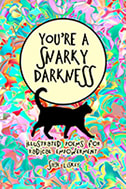
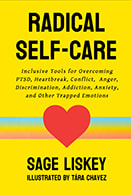
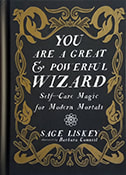





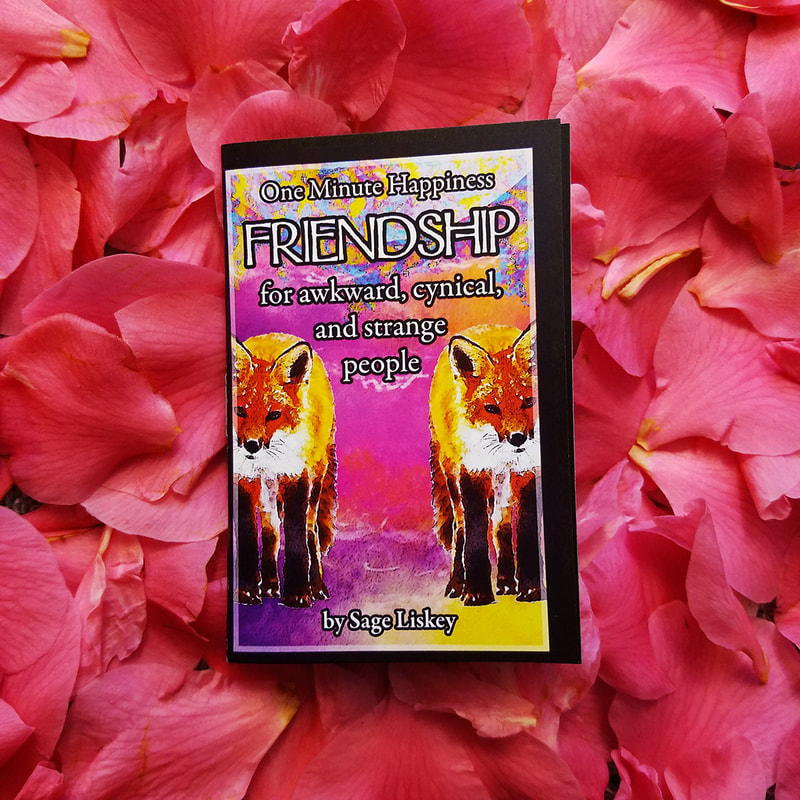

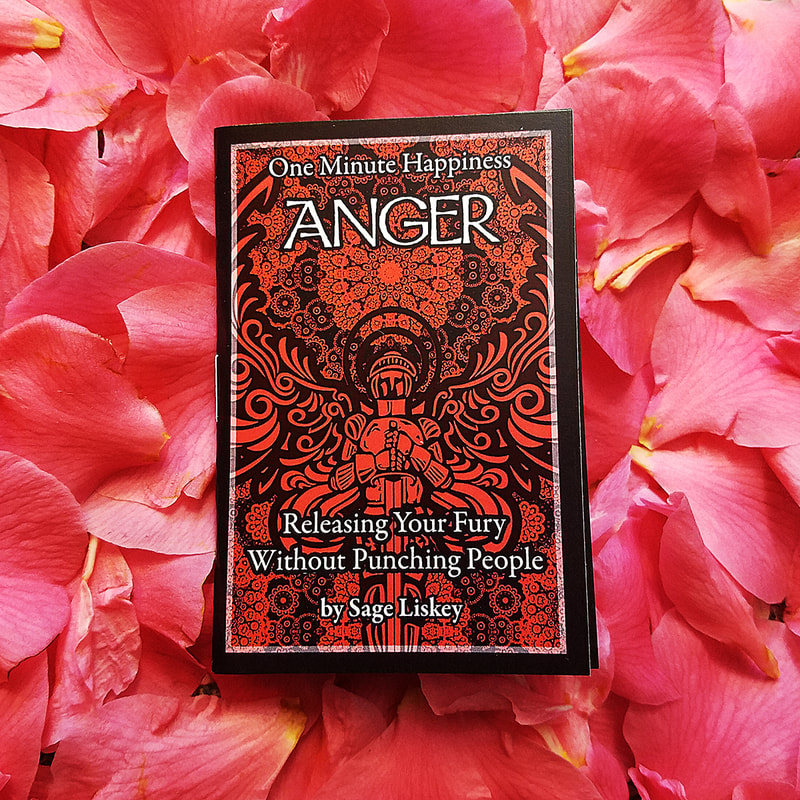
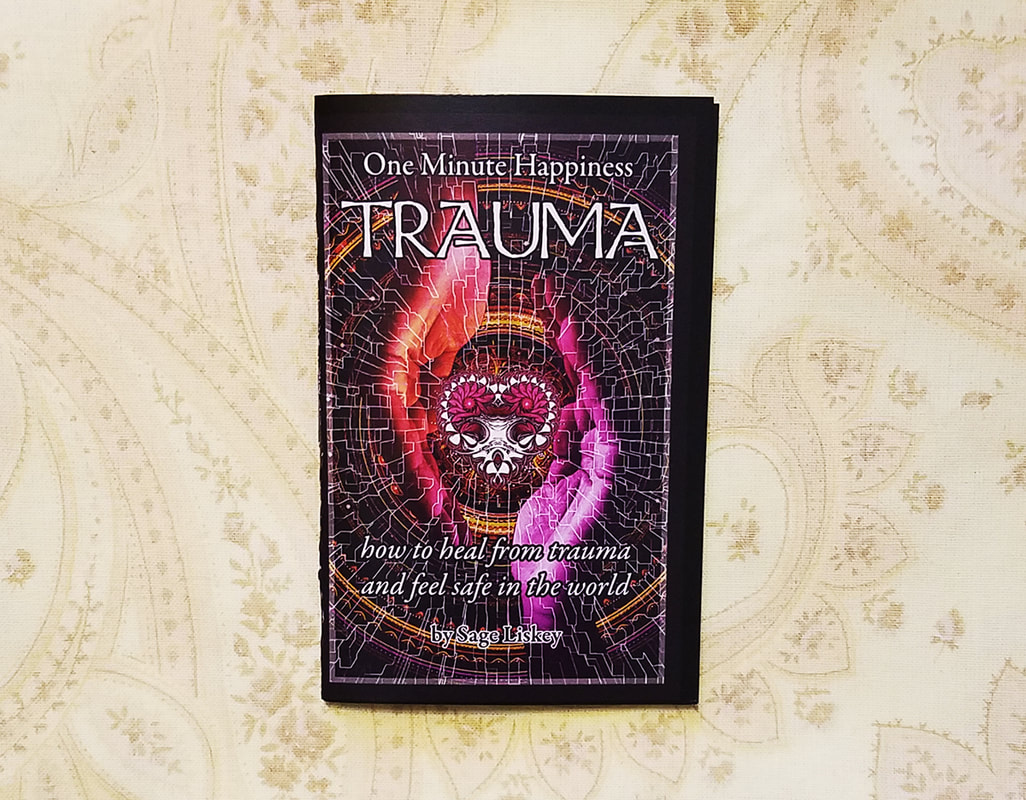
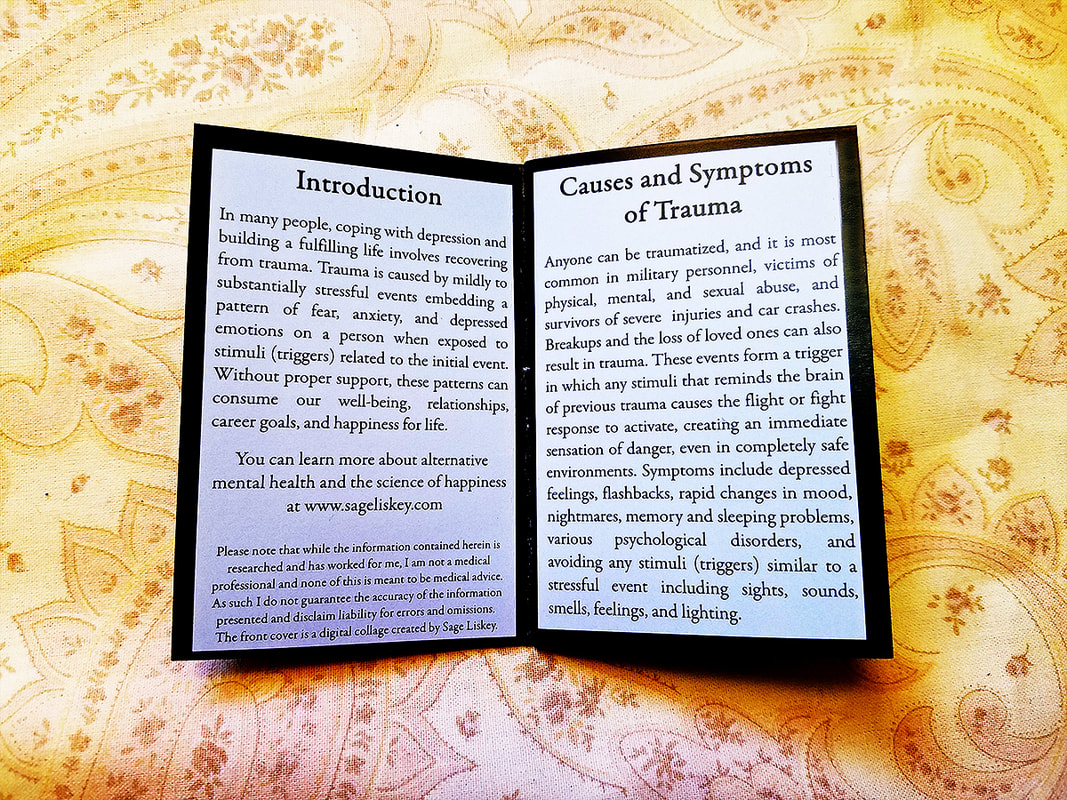
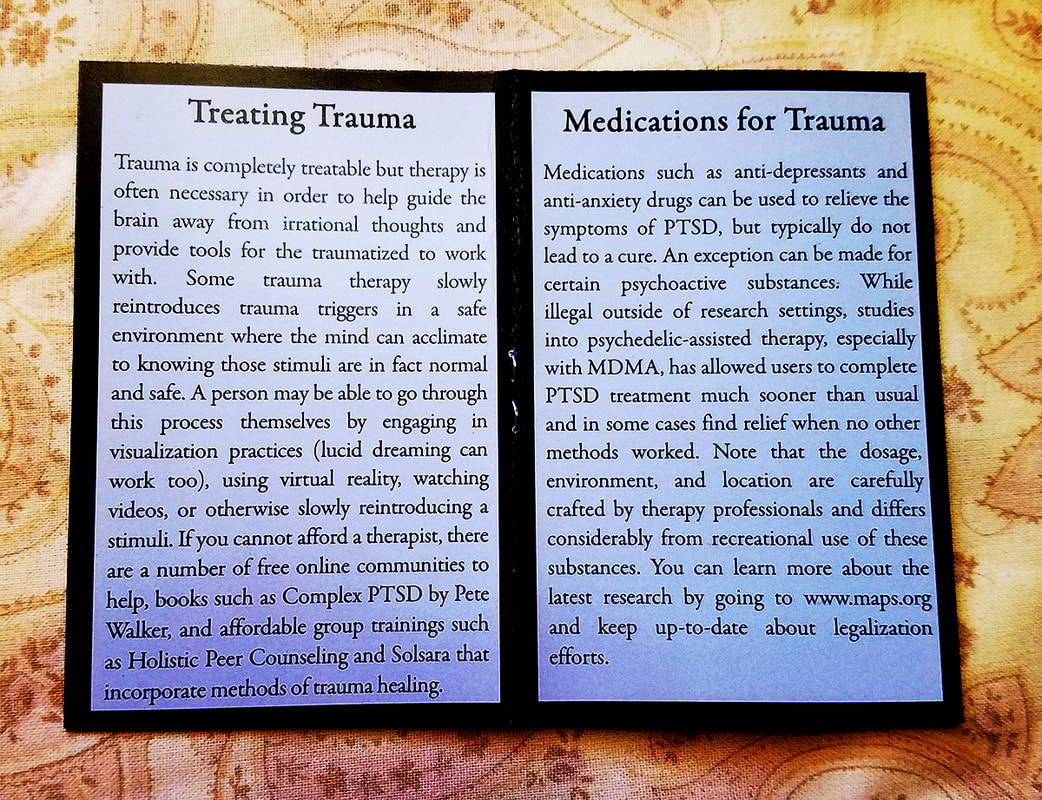
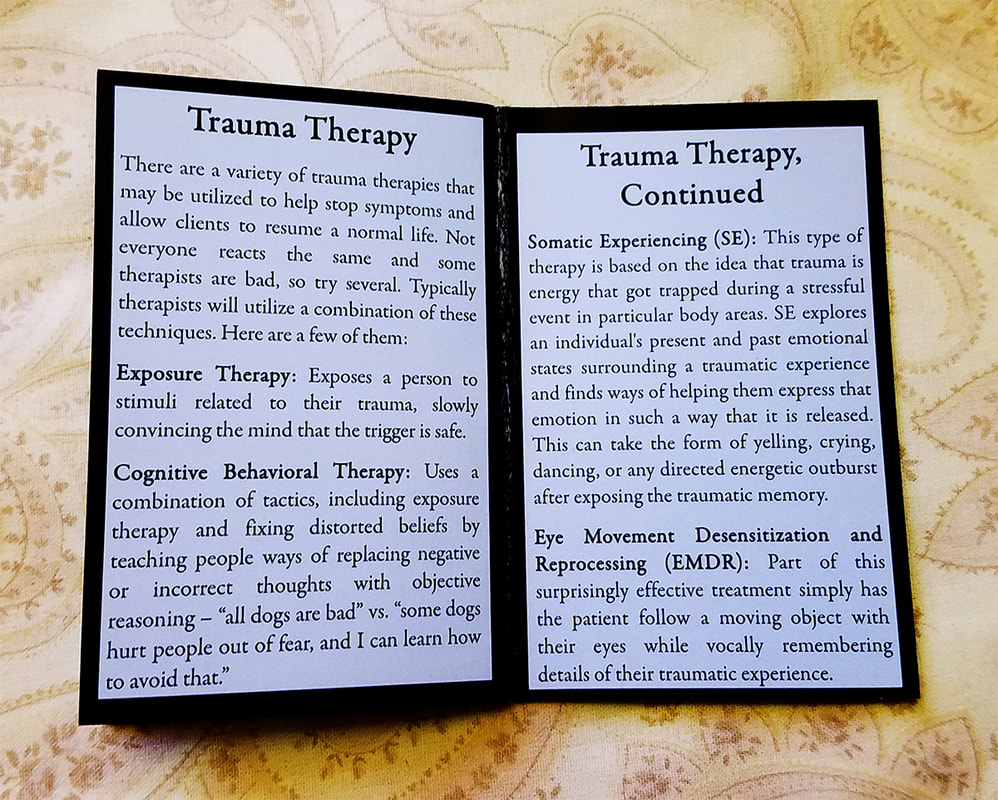
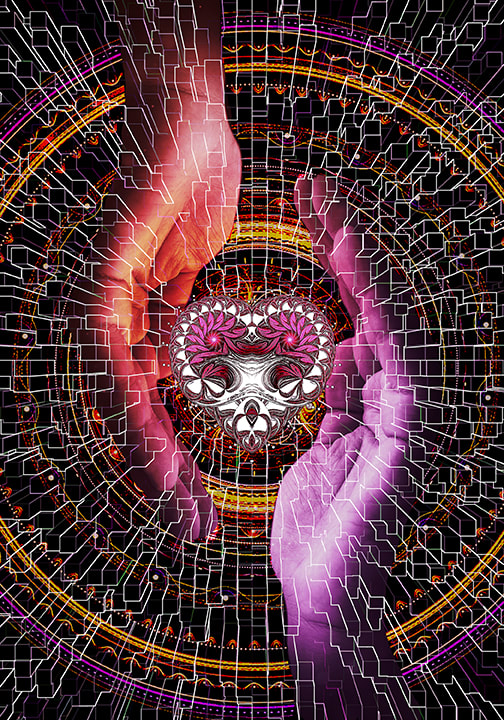
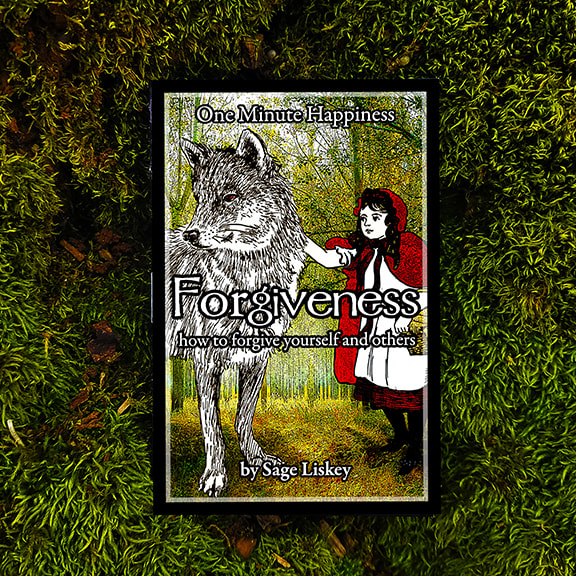
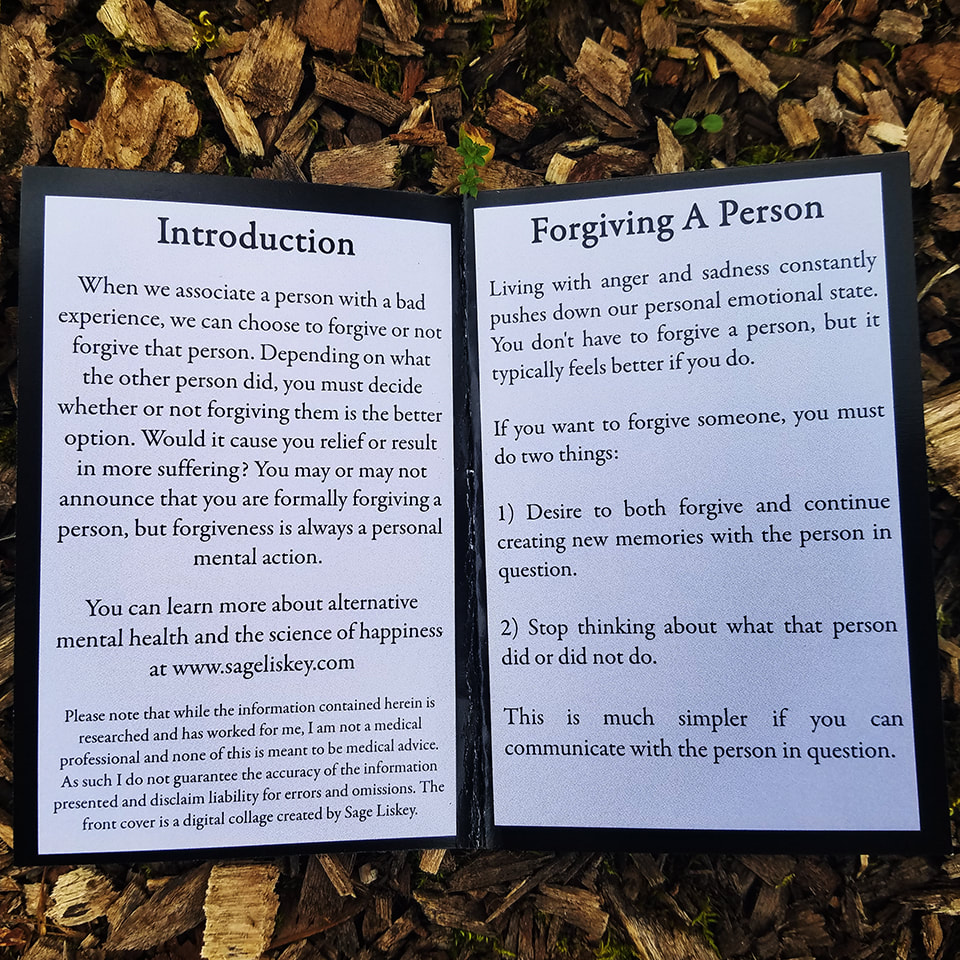
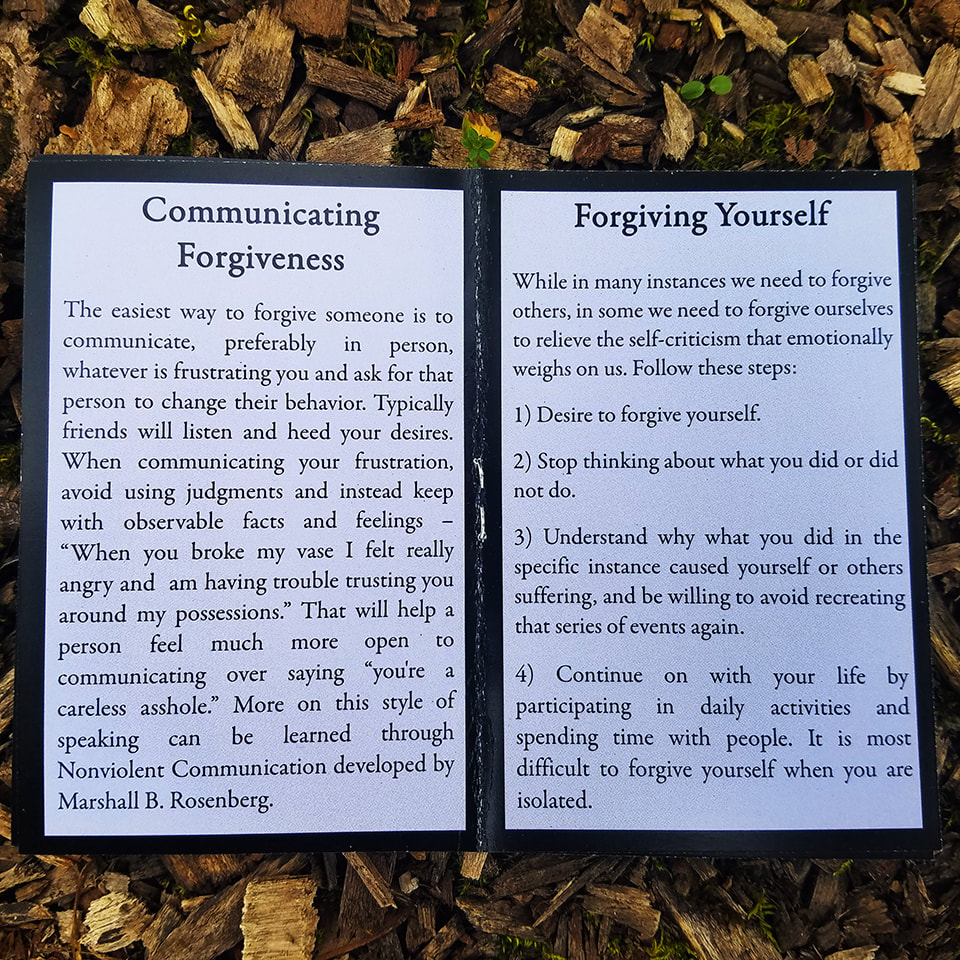
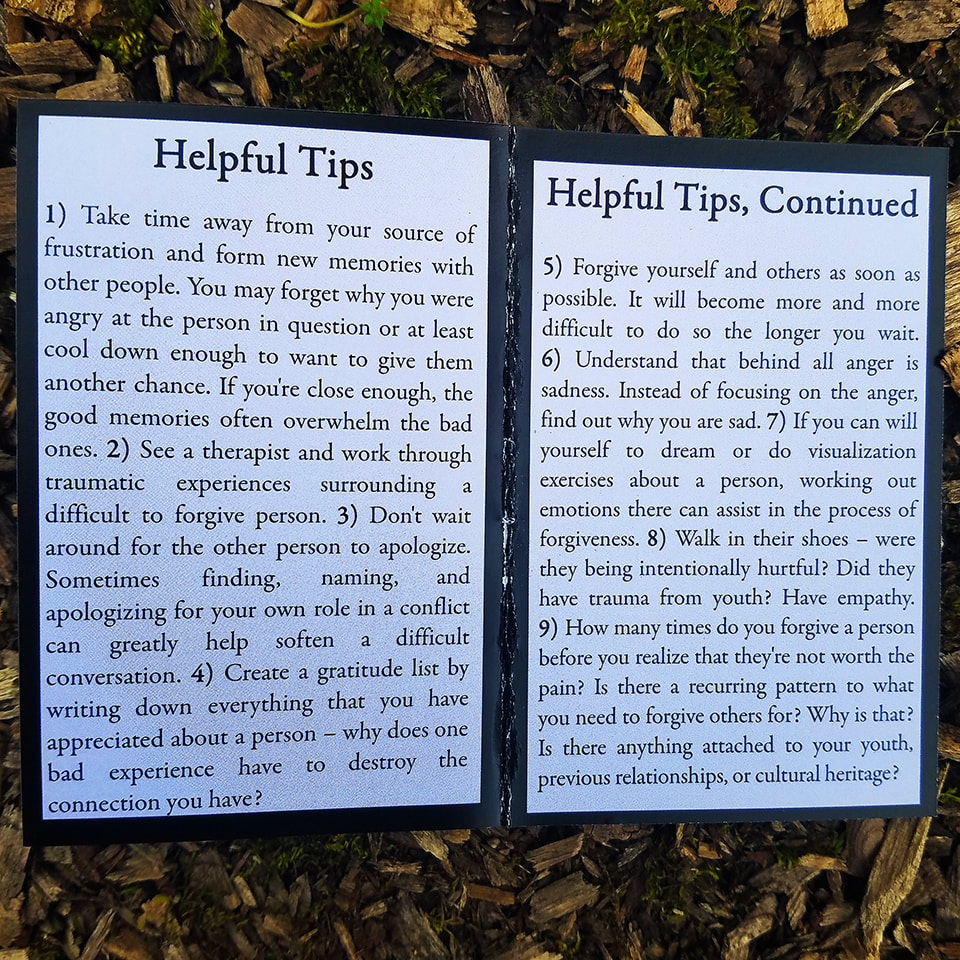

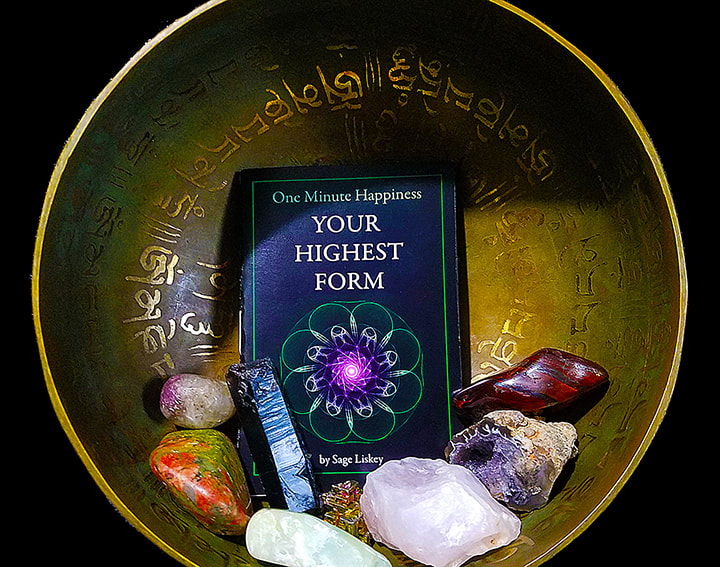
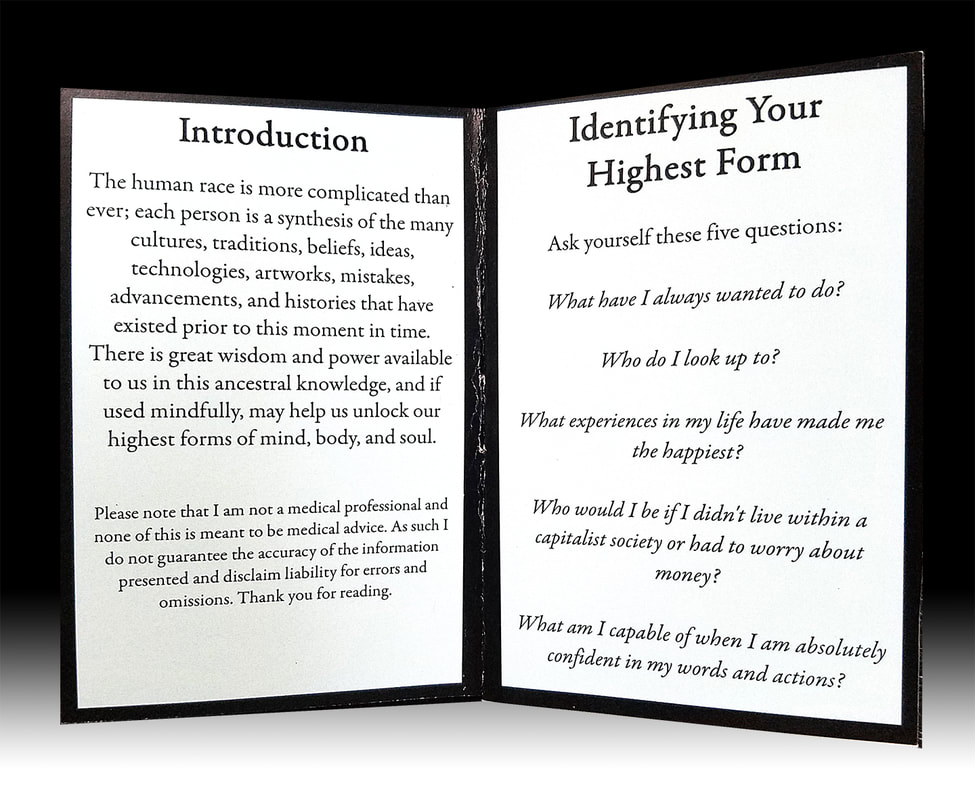
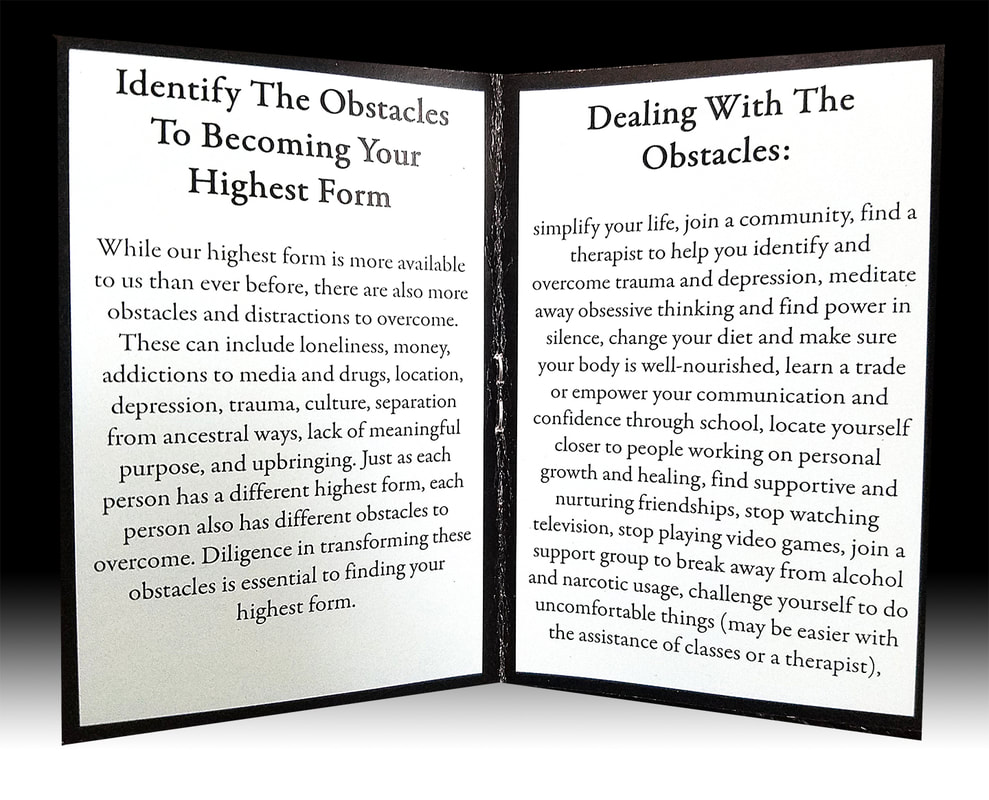
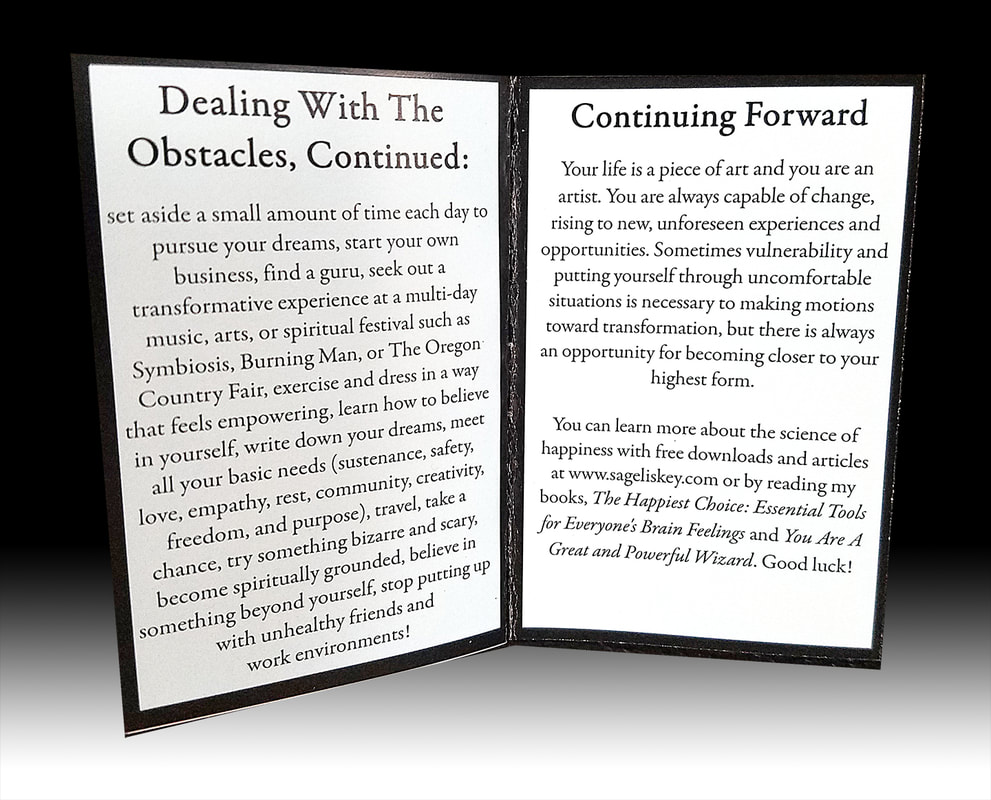
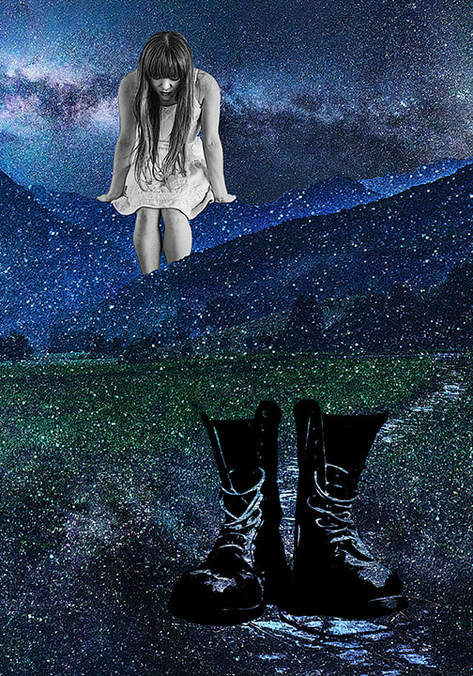


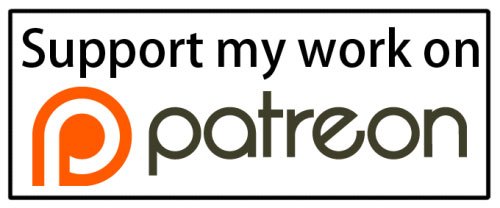
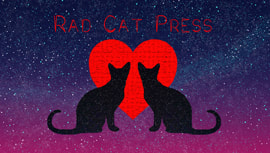
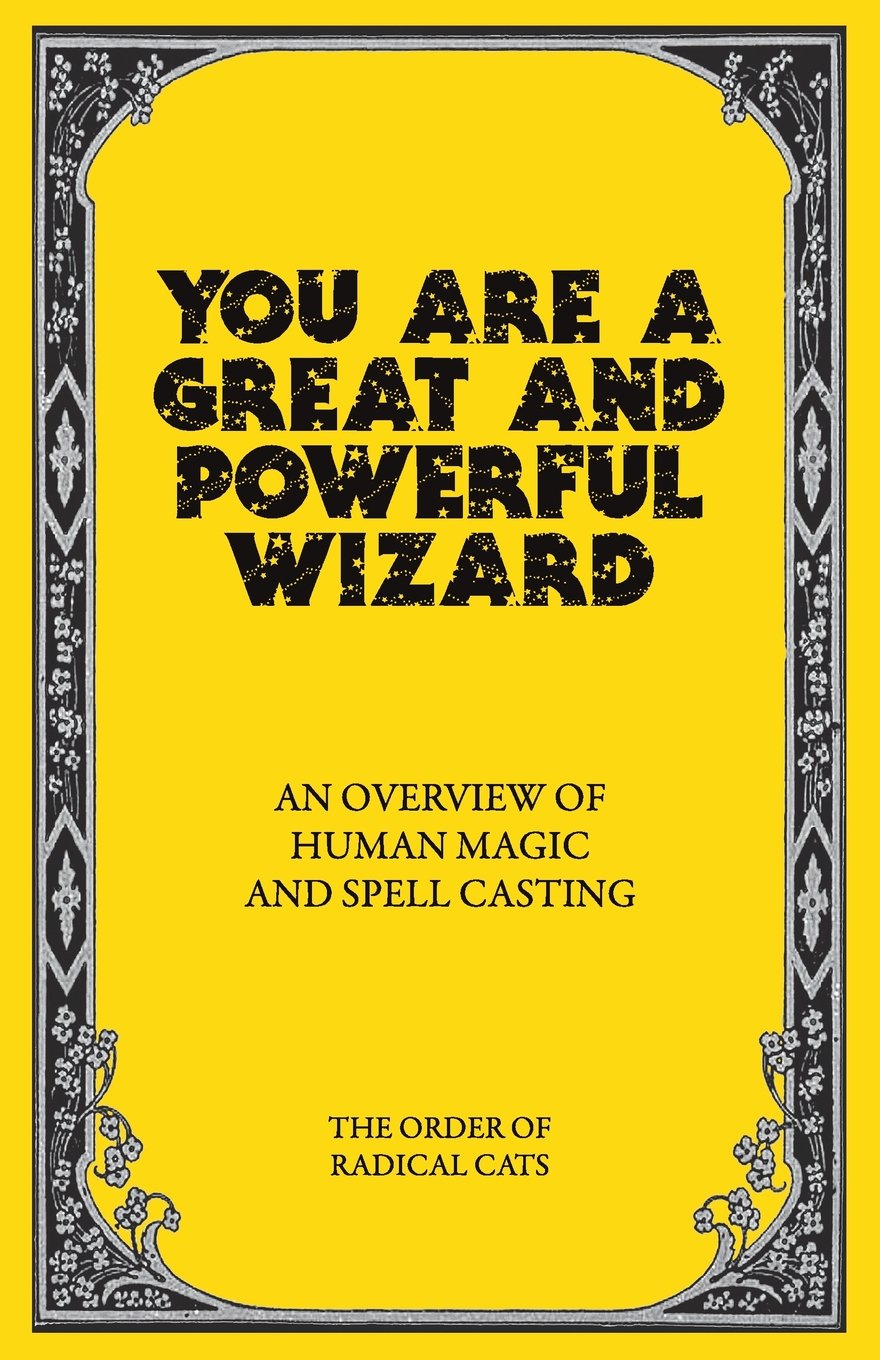
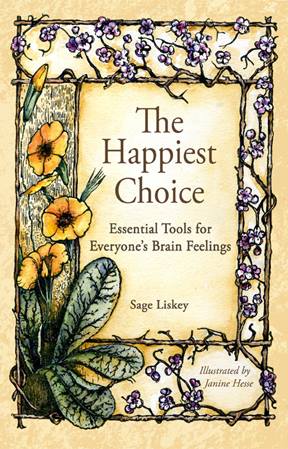

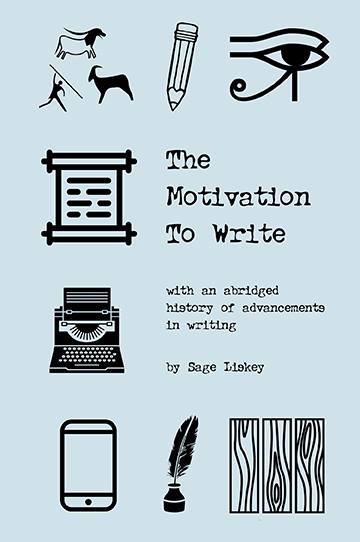
 RSS Feed
RSS Feed